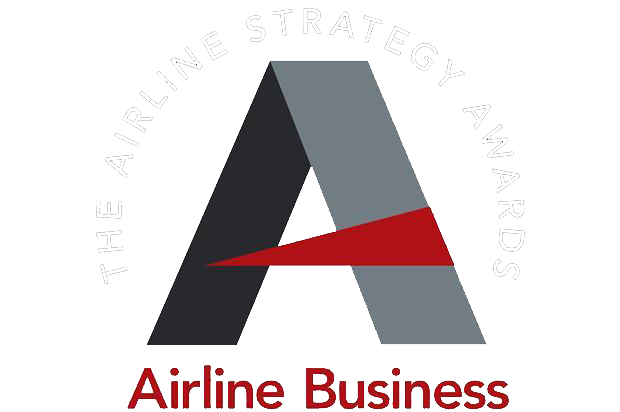Slots wrong for regionals
Not surprisingly Europe's regional carriers are up in arms over the European Commission's revision of its slot regulation, which is likely to come down in favour of slot trading. And alternative proposals circulating in Germany have heightened the dismay.
Keep reading this article by becoming a FlightGlobal member now
PLEASE REGISTER FOR FREE OR SIGN IN TO CONTINUE READING

You have reached your limit of free articles for this period. Register for a FREE account to read this article and benefit from:
- Increased access to online news and in-depth articles from:
- FlightGlobal Premium covering the global aviation industry
- Airline Business providing insight for business leaders
- Weekly newsletters on topics across the industry

